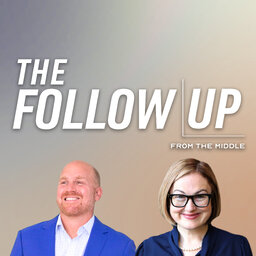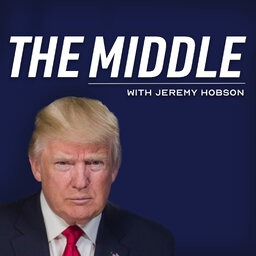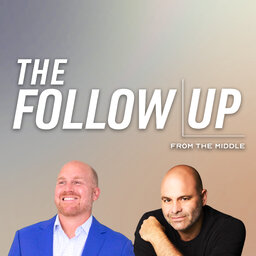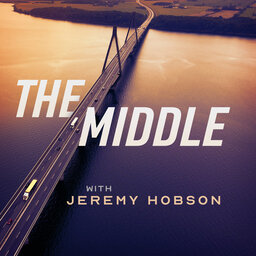The Philosophical Middle
On this episode of The Middle we explore the philosophical middle, and how philosophy can help veer us away from extremes in our daily lives. Jeremy is joined by Agnes Callard, a professor of philosophy at the University of Chicago and Stephen Asma, a professor of Philosophy at Columbia College Chicago. #philosophy #middleway #goldenmean #socrates #aristotle #plato #confucius #locke #hume #ethics #logic
In 1 playlist(s)
The Middle with Jeremy Hobson
The Middle with Jeremy Hobson is a national call-in talk show focused on bringing the voices of Amer…Social links
Follow podcast
Recent clips

The Follow Up: Fear in Trump's First Year, Michigan and the Midterms
22:56

One year of Trump: How are His Policies Affecting You?
49:39

The Follow Up: Minneapolis, Maduro’s Capture, and the First Days of Mamdani
26:52
 The Middle with Jeremy Hobson
The Middle with Jeremy Hobson